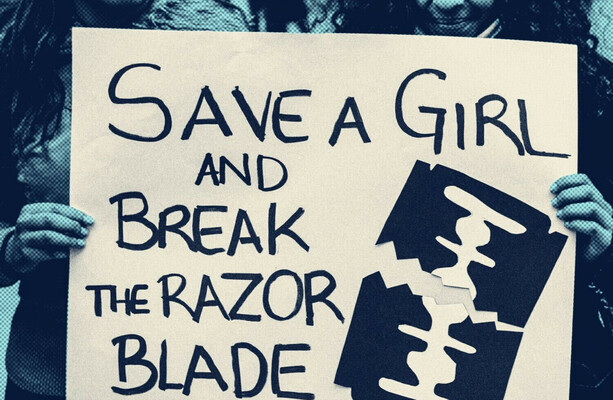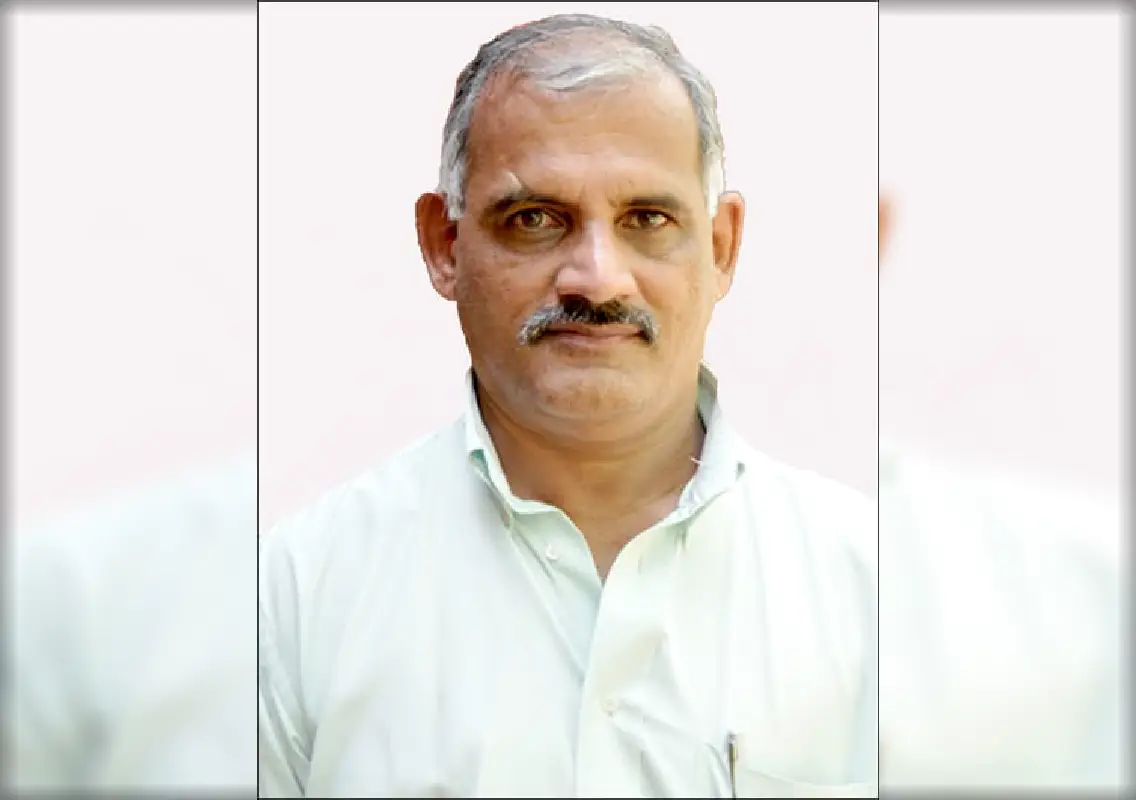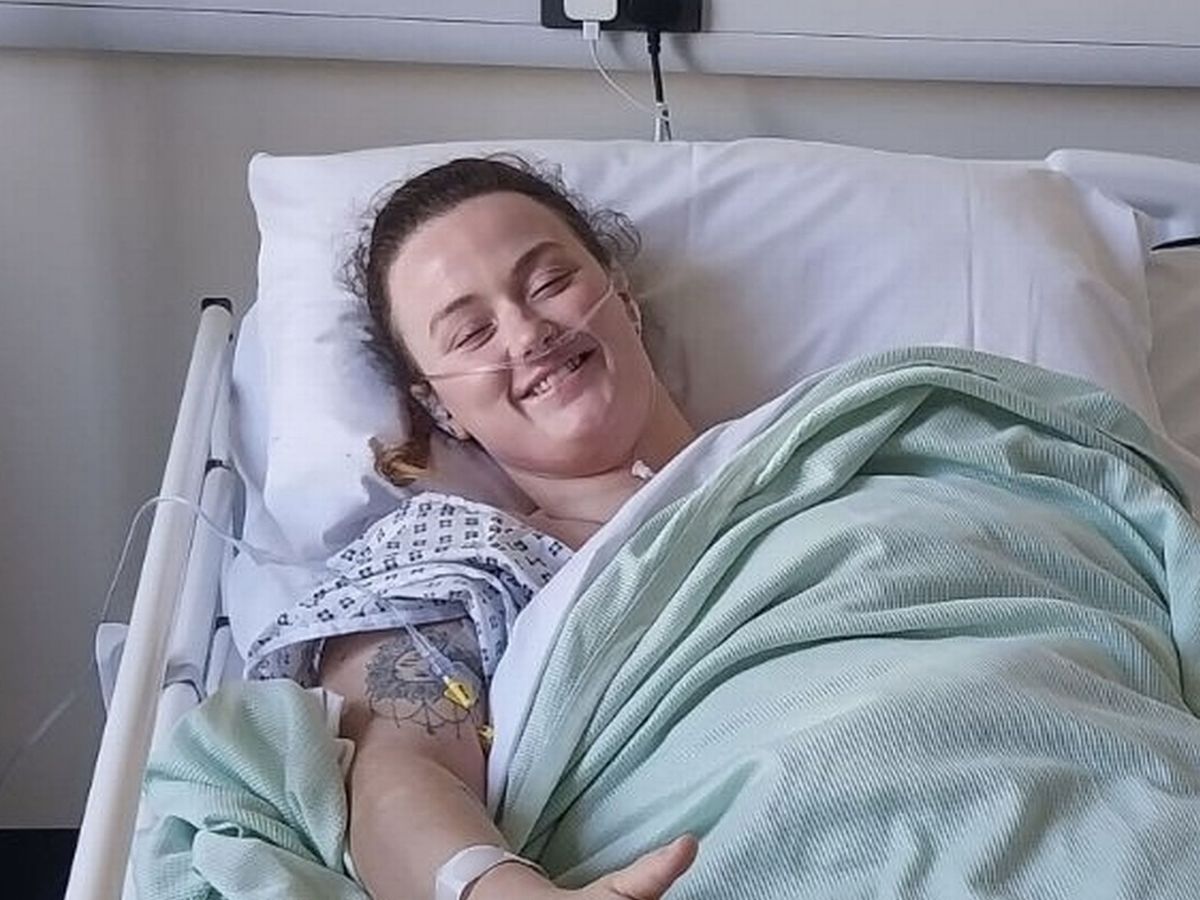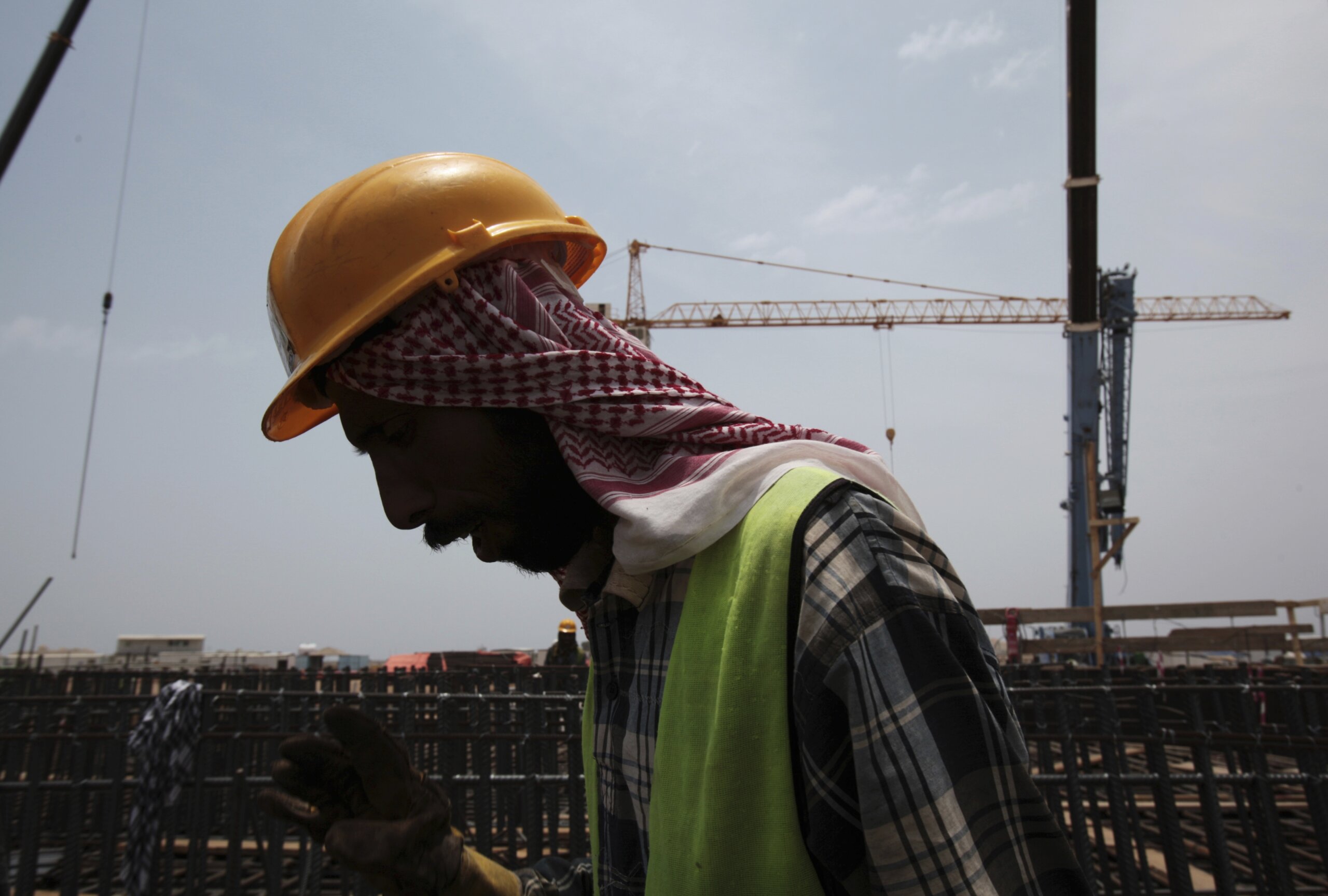Copyright thejournal

We need your help now Support from readers like you keeps The Journal open. You are visiting us because we have something you value. Independent, unbiased news that tells the truth. Advertising revenue goes some way to support our mission, but this year it has not been enough. If you've seen value in our reporting, please contribute what you can, so we can continue to produce accurate and meaningful journalism. For everyone who needs it. One-off amount I already contribute Sign in. It’s quick, free and it’s up to you. An account is an optional way to support the work we do. Find out more. Investigates Investigates Money Diaries The Journal TV Climate Crisis Cost of Living Road Safety Newsletters Temperature Check Inside the Newsroom The Journal Investigates Daft.ie Property Allianz Home The 42 Sport TG4 Entertainment The Explainer A deep dive into one big news story Sport meets news, current affairs, society & pop culture have your say Or create a free account to join the discussion Advertisement More Stories InvestigatesFGM care in Europe Europe’s hidden wound - Female Genital Mutilation survivors' long wait for care Thousands of women and girls who have sought asylum in Europe face long delays for FGM medical care and support. 9.01pm, 5 Nov 2025 Share options ACROSS EUROPE, THOUSANDS of women and girls are living with the lasting injuries of a crime outlawed decades ago. Yet, despite strong laws, Female Genital Mutilation (FGM) victims in many EU countries have been left waiting for healthcare, support and justice. In a cross-border investigation, The Journal Investigates has found that in many regions, specialist health services are under-resourced, perpetrator prosecutions are rare, and national data is either missing or outdated. As revealed earlier today, Ireland’s sole specialist FGM clinic has experienced a 330% increase in demand for its services, with patients waiting around 12 months-plus for treatment. In Spain, France and Austria, similar scenes are playing out, where severely injured women and girls depend on overstretched services for basic medical care. Women attend a protest of the Terre des Femmes human rights organisation to mark the International Day for the Elimination of Violence Against Women in front of the Brandenburg Gate in Berlin, Germany in November 2024.Alamy Stock Photo Alamy Stock Photo Investigations like this don’t happen without your support… Impactful investigative reporting is powered by people like you. Support The Journal Investigates Statistics fail to show true scale According to the European Institute for Gender Equality (EIGE), around 600,000 women and girls are living with the consequences of FGM in the EU, while another 190,000 remain at risk from the cruel practice. Rooted in cultural, social, or religious beliefs about femininity and purity, FGM involves the partial or total removal of external female genitalia. It is usually carried out on girls between infancy and adolescence. The procedure has no health benefits, and can leave its victims with severe physical and psychological trauma. “Women who have gone through FGM, the first thing they will always remember is the cut,” Ifrah Ahmed, a Somali-Irish campaigner, told The Journal Investigates. “Everything else is second, from becoming a wife to giving birth to your first child. “They can still feel the scissors, they can still hear their sisters screaming, and they can still see the blood. It’s a horror.” Over the last number of years, Europe has seen an increase in migration from areas where FGM is prevalent, such as Africa, the Middle East and Asia. Thousands have presented at borders requesting international protection from having already undergone FGM, or fears they – or their daughters – are at risk from the practice. In Ireland, asylum applications citing FGM as the primary reason for protection has increased ten-fold since 2020. However, the true scale of those living with FGM injuries is unclear as national statistics have not been updated in seven years. The Irish Family Planning Association (IFPA), which runs the country’s only FGM treatment service, estimated in 2018 that around 5,000 women and girls living in the country have undergone FGM. But with no national follow up since, that number is believed to have increased significantly. It’s a data issue that appears to be a trend across Europe. Advertisement World-renowned activist and campaigner against Female Genital Mutilation (FGM) Ifrah Ahmed is pictured with her award in the Mansion House, Dublin, in 2023 where she was named recipient of that year’s Women of Concern honouree.Rollingnews.ie Rollingnews.ie Gap in statistics In Spain, there is no official prevalence survey of women living with FGM. Doctors of the World, a Spanish human-rights health NGO, reported it assisted 1,115 survivors last year. Austria’s first official national estimate of those living with FGM trauma was published last year, and estimated around 11,000 girls and women were affected. France, which has one of the highest numbers of women and girls afflicted with the barbaric practice, records around 139,000 people living with FGM injuries and complications. The Journal Investigates has found that across these areas, grassroot networks and NGOs are stepping in to provide either support or medical care to women and girls when the state cannot. In Dublin, migrant women’s support group AkiDwA regularly trains midwives, social workers and teachers on recognising and reporting FGM. While in Vienna, non-profit women’s centre FEM South runs awareness projects led by trained “FGM peers” from affected communities. The Dexeus Mujer Foundation, based in Barcelona, performs free genital reconstruction surgeries for survivors. Doctors of the World has also created “tea time” gatherings where women living in Spain can talk openly about sexuality, motherhood and trauma. Amal Hussein, a Somali refugee and project leader with Doctors of the World, said it is a “safe space” to discuss things “that are usually silenced”. “That’s how we start to break the taboo,” she said. Yet most of these programmes depend on limited EU or national grants. Once the funding ends, so does the outreach. Protesters hold a banner that reads 'International day of zero tolerance with female genital mutilation' at a rally in Madrid, Spain in 2018.Alamy Stock Photo Alamy Stock Photo Long waiting lists for care Even when survivors seek medical attention, the services they receive differ greatly across Europe. France’s Montreuil Hospital Unit, near Paris, is one of few offering multidisciplinary treatment under one roof. This includes gynaecology, sexology, psychotherapy and social care. Austria’s FGM Coordination Centre in Vienna opened in 2021 to coordinate prevention and referral work, though it still relies heavily on short-term government funding. In Dublin, women currently face waiting over 12 months for medical care due to a 330% increase in demand on the country’s only FGM treatment service. The IFPA, which runs the clinic, said current provisions are “neither fair to clients nor sustainable” for the organisation. Chief executive Niall Behan has called for state-funded regional services to be rolled out to ease the backlog. In Spain, the 2015 National Healthcare Protocol sets out how professionals should identify and respond to FGM, but NGOs say implementation varies by region. The Journal Investigates is dedicated to lifting the lid on how Ireland works. Our newsletter gives you an inside look at how we do this. Sign up here... You are now signed up “Compared to other countries, Spain is quite pioneering,” said Hussein, whose mother was a victim of the practice. “But sometimes the protocol is triggered too early, and that can lead to long and traumatic processes to prove that a girl has not undergone FGM.” Her organisation trains police, doctors, social workers and teachers to identify risk and support affected women. But Hussein said genuine prevention depends on cultural understanding, not suspicion. “Many families believe they practise FGM out of love, thinking it protects their daughters from being rejected if they return to their home country,” she said. “When cases are reported and children are separated from their parents, they don’t understand why. “We believe it’s essential to accompany both children and parents so they understand why the law intervenes.” A protester during Madrid’s International Day against female genital mutilation in Spain.Alamy Stock Photo Alamy Stock Photo Lack of prosecutions While criminalised in every EU member state, often with extraterritorial reach, FGM convictions are rare. Austria’s Protection Against Violence Act defines FGM as bodily harm punishable by up to 10 years in prison. Yet searches of Austria’s legal database show no recorded prosecutions. France, despite having one of the strictest codes and the largest affected population, reports only sporadic prosecutions. Spain was the first to convict parents for FGM committed abroad, but most of its cases date back more than a decade. Ireland’s single conviction in 2019 was later quashed, and a retrial collapsed. The couple at the centre of the allegations, parents accused of carrying out the practice on their young daughter, have now formally applied to Dublin’s Court of Appeal for a miscarriage of justice certificate. Their case is set to be heard in the new year. Campaigners say the next phase of Europe’s gender strategy must focus on accountability, tracking not only prosecutions but also treatment outcomes and survivor support across the continent. For Hussein, the starting point is empathy. “It’s not just about criminalisation,” she said. “It’s about giving women the right to heal, to talk, and to trust the system that promised to protect them.” The Journal Investigates Reporter: Patricia Devlin • Editor: Noel Baker • Social Media: Cliodhna Travers • Main Image Design: Lorcan O’Reilly This article is part of PULSE, a European collaborative journalism project. With reporting by Patricia Devlin (The Journal Investigates, Ireland), Lola García-Ajofrín (El Confidencial, Spain), Ann Wiener (Der Standard, Austria) and Voxeurop. Investigations like this don’t happen without your support... Impactful investigative reporting is powered by people like you. Over 5,000 readers have already supported our mission with a monthly or one-off payment. Join them here: Support The Journal Patricia Devlin Send Tip or Correction Embed this post To embed this post, copy the code below on your site Email “Europe’s hidden wound - Female Genital Mutilation survivors' long wait for care”. Recipient's Email Feedback on “Europe’s hidden wound - Female Genital Mutilation survivors' long wait for care”. Your Feedback Your Email (optional) Report a Comment Please select the reason for reporting this comment. Please give full details of the problem with the comment... Female Genital Mutilation FGM care in Europe Ifrah Ahmed Investigates News in 60 seconds Sorry scenes Rory McIlroy receives letter of apology after Ryder Cup abuse Man (21) charged with murder of Jordan Webb in Co Down 28 mins ago Not Convinced US Supreme Court justices appear sceptical that Trump's tariffs are legal 52 mins ago Mary May McGee: 'She left the country a little better than how she found it' behind the curtain Why this year's climate talks are big for Ireland - and six other things to tell you about COP30 Lauren Boland Director of Public Prosecutions Man accused of stabbing garda and terrorist activity has assault charge upgraded to 'serious harm' Here's What Happened Today: Wednesday stunning victory Democratic socialist Zohran Mamdani elected as New York City's youngest mayor in over a century InvestigatesFemale Genital Mutilation Over 330% increase in demand for Female Genital Mutilation treatment in Ireland Patricia Devlin Going Digital Government aiming for ‘digital wallet’ of life milestones by 2030 Diamond Park Damage caused by vandals to Dublin playground could cost €300k more from us Investigates Money Diaries The Journal TV Journal Media Advertise With Us About FactCheck Our Network FactCheck Knowledge Bank Terms & Legal Notices Terms of Use Cookies & Privacy Advertising Competition more from us TV Listings GAA Fixtures The Video Review Journal Media Advertise With Us Our Network The Journal FactCheck Knowledge Bank Terms & Legal Notices Terms of Use Cookies & Privacy Advertising Competition © 2025 Journal Media Ltd Terms of Use Cookies & Privacy Advertising Competition Switch to Desktop Switch to Mobile The Journal supports the work of the Press Council of Ireland and the Office of the Press Ombudsman, and our staff operate within the Code of Practice. You can obtain a copy of the Code, or contact the Council, at https://www.presscouncil.ie, PH: (01) 6489130, Lo-Call 1800 208 080 or email: mailto:info@presscouncil.ie Report an error, omission or problem: Your Email (optional) Create Email Alert Create an email alert based on the current article Email Address One email every morning As soon as new articles come online



